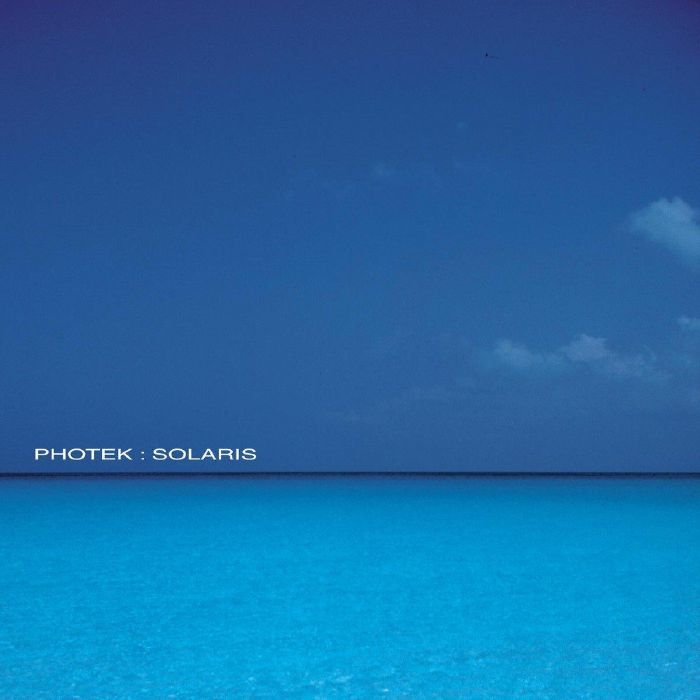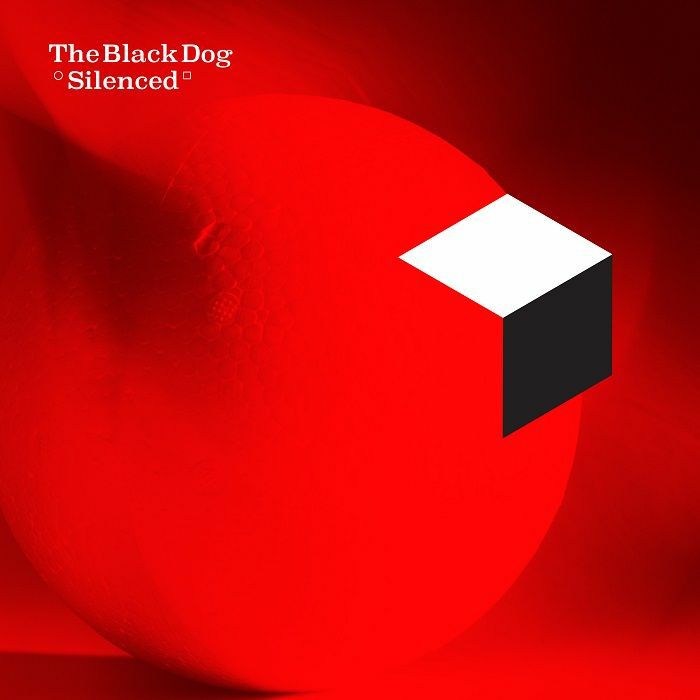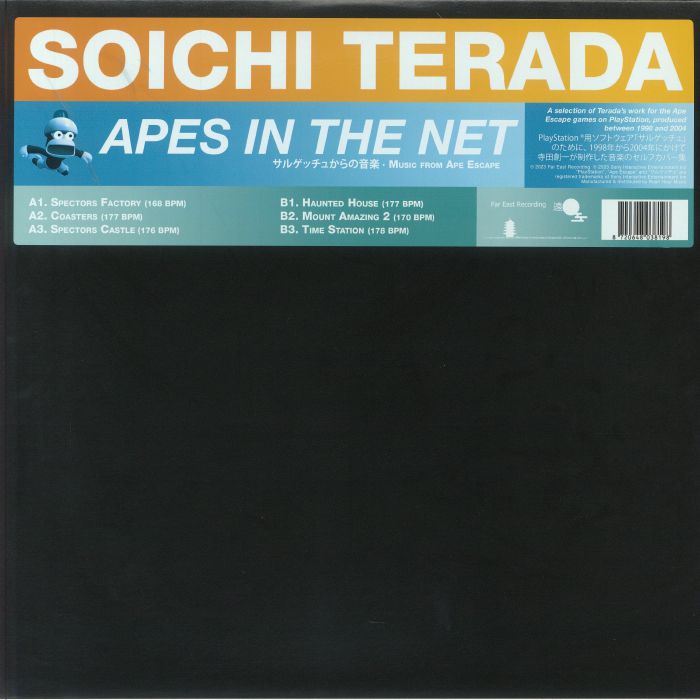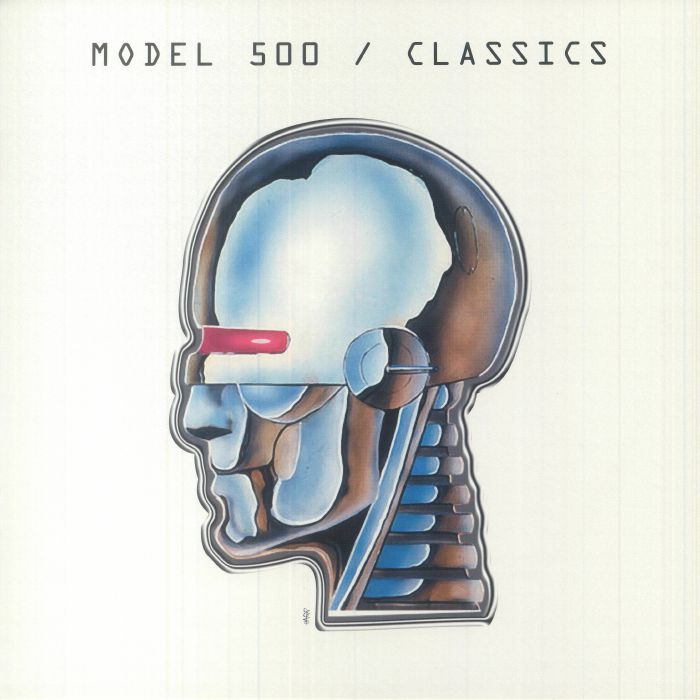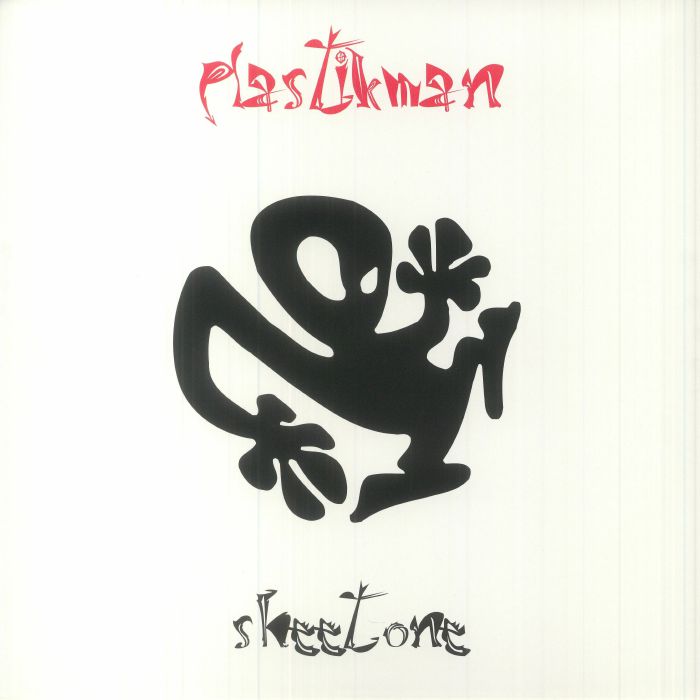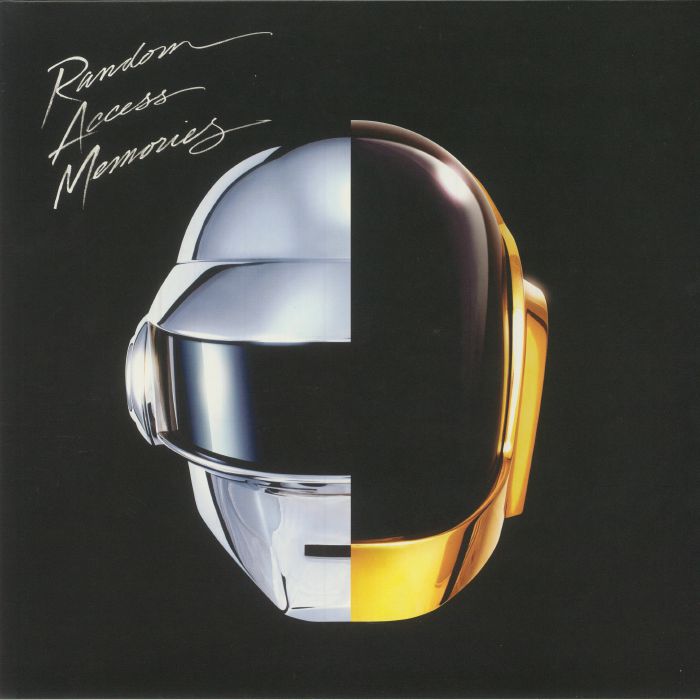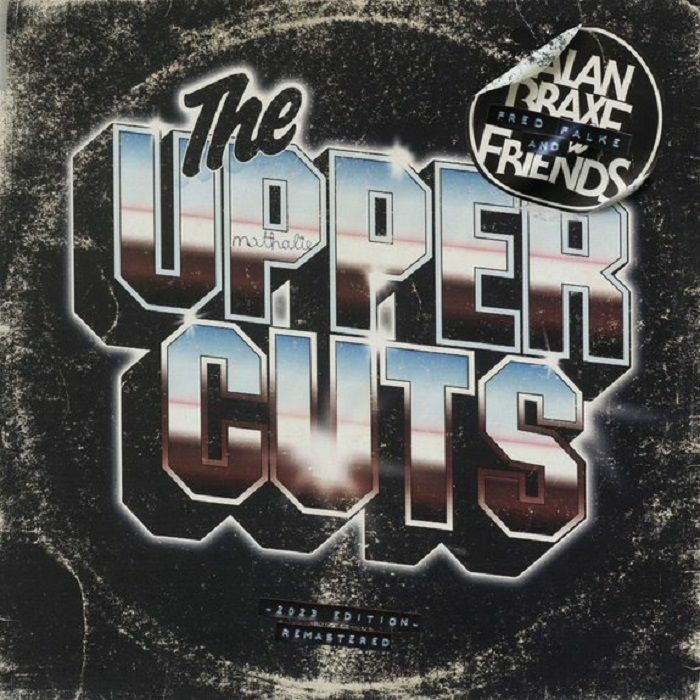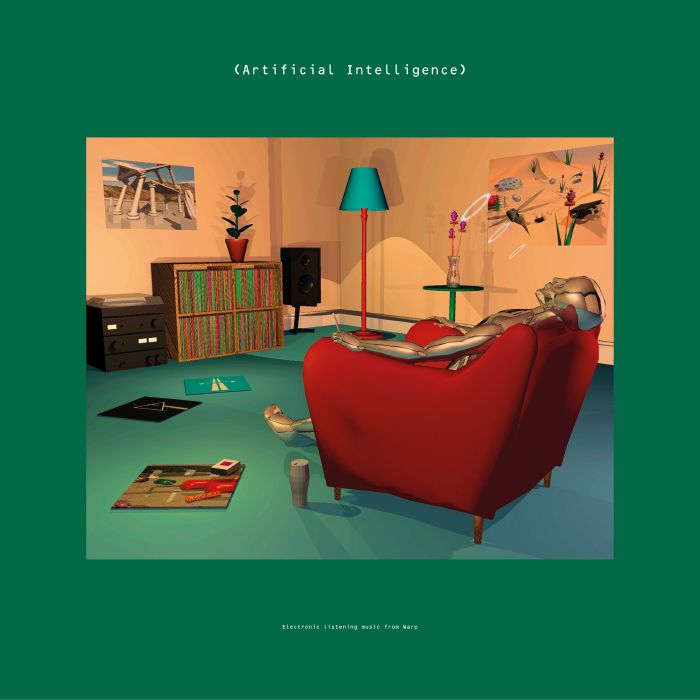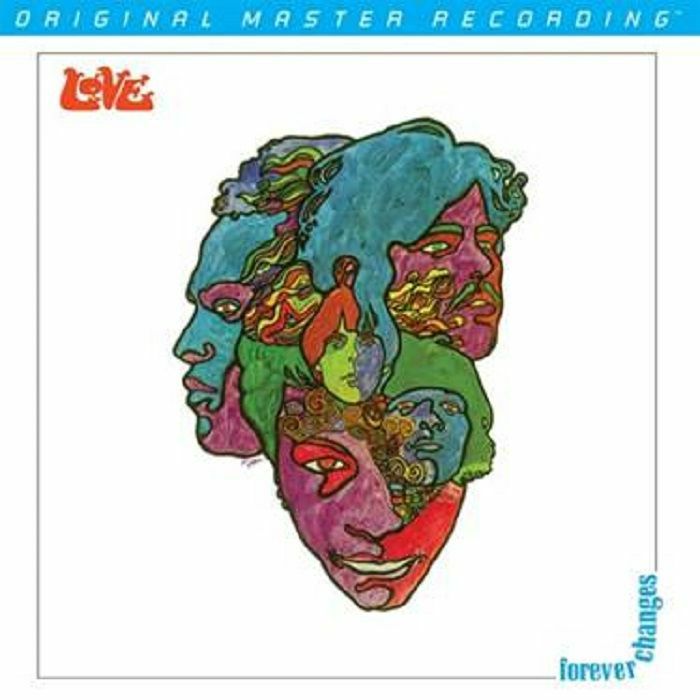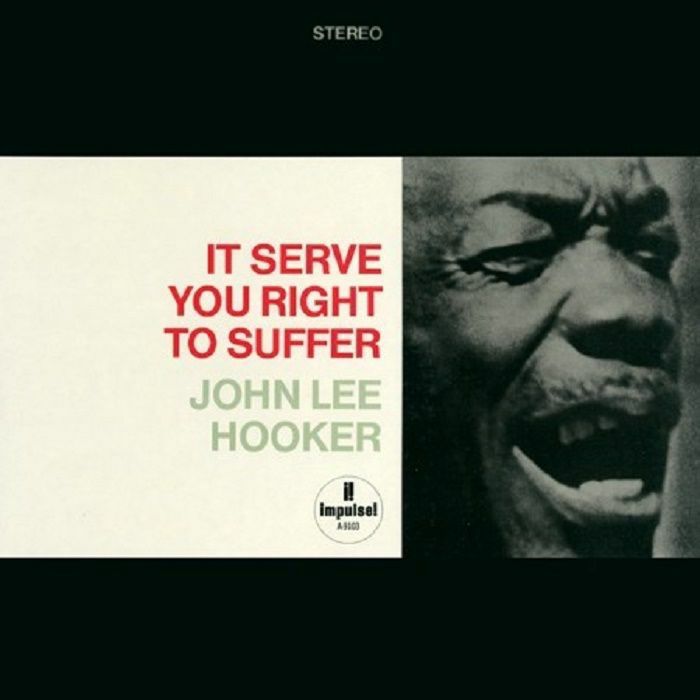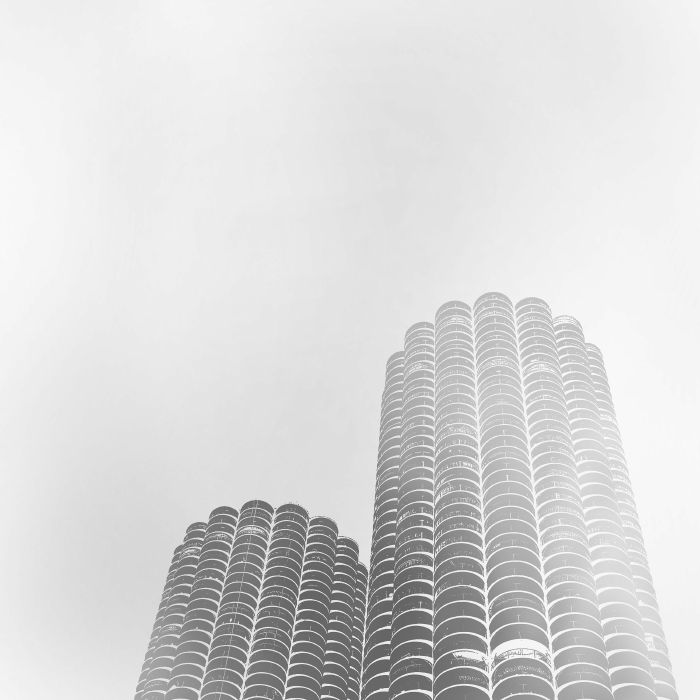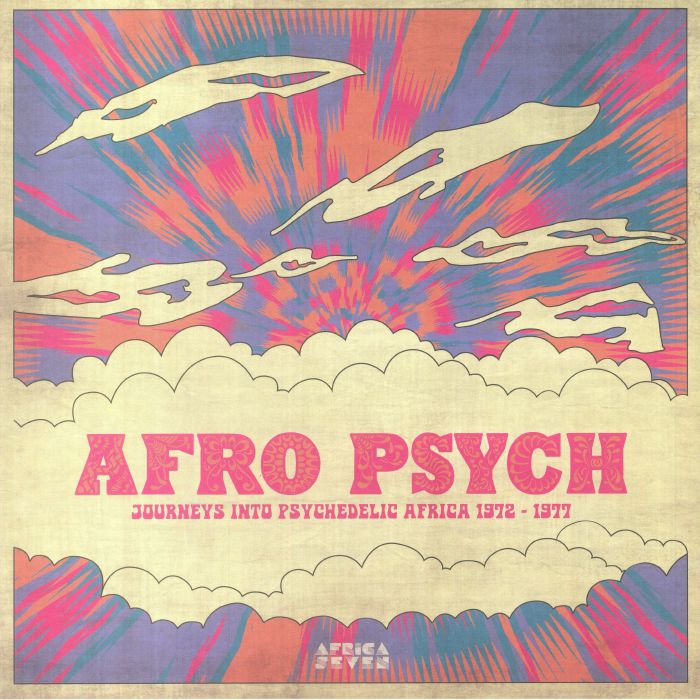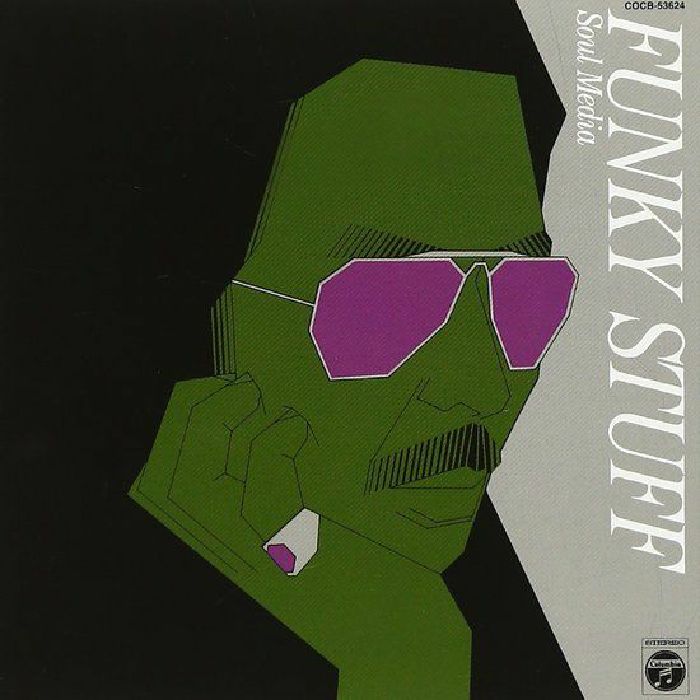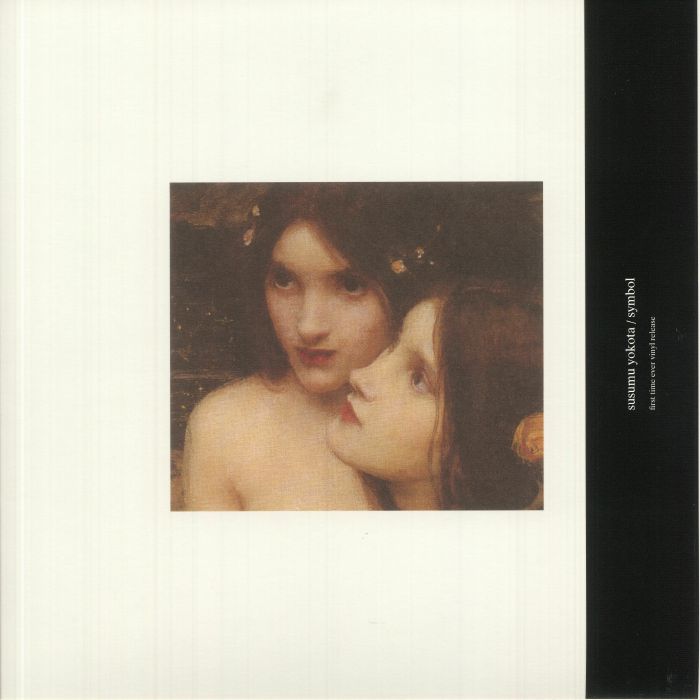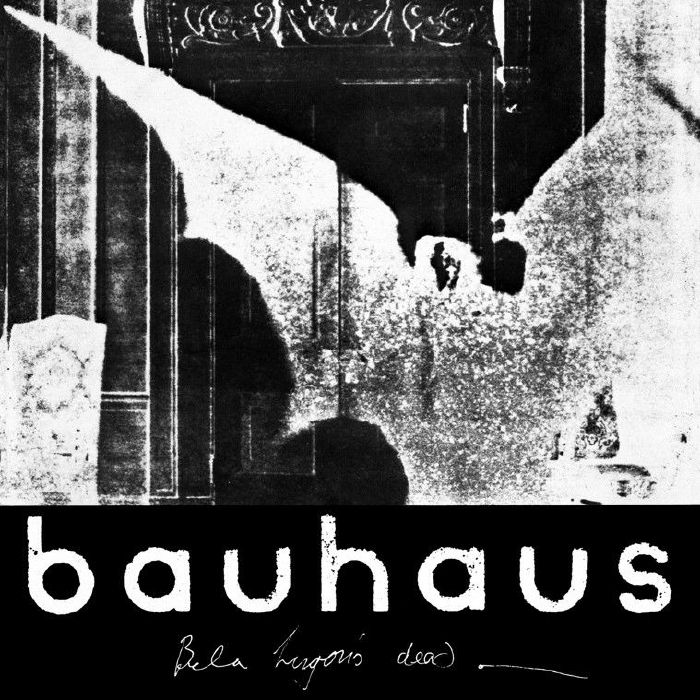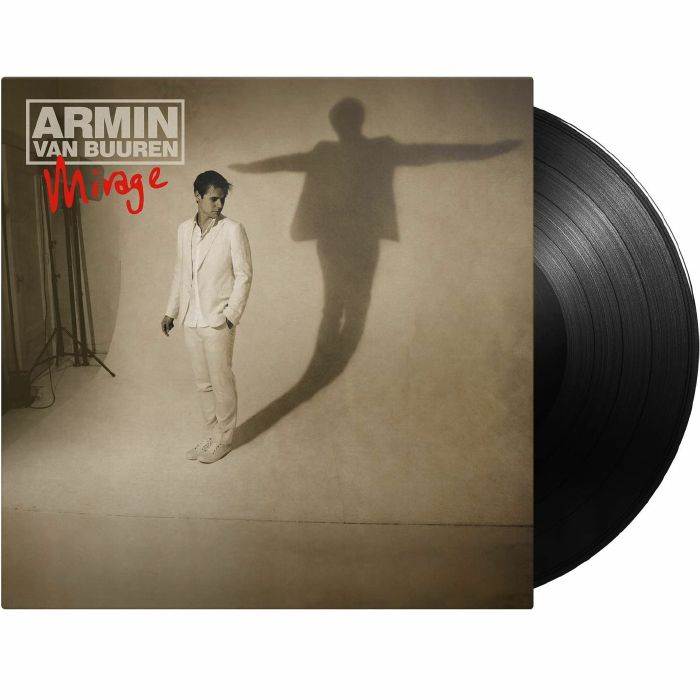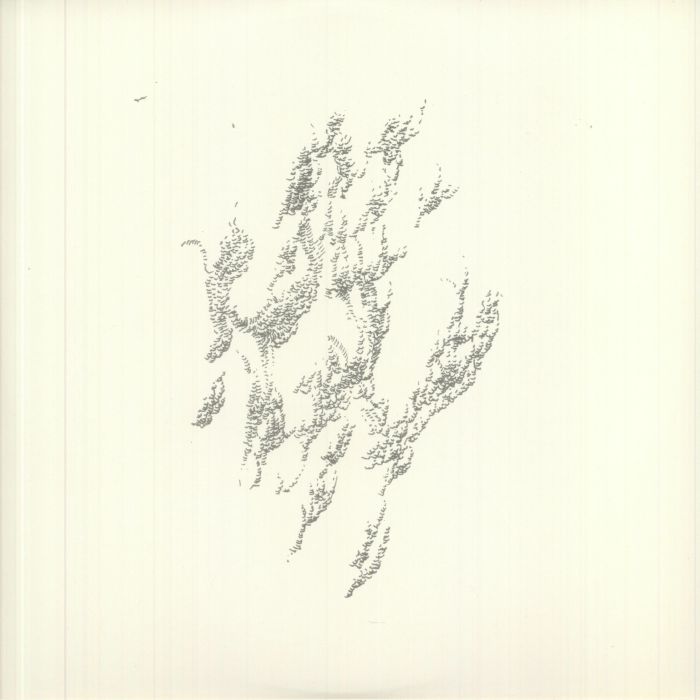Noah Sparkes takes a second look at “The Honky Tonk Nun”
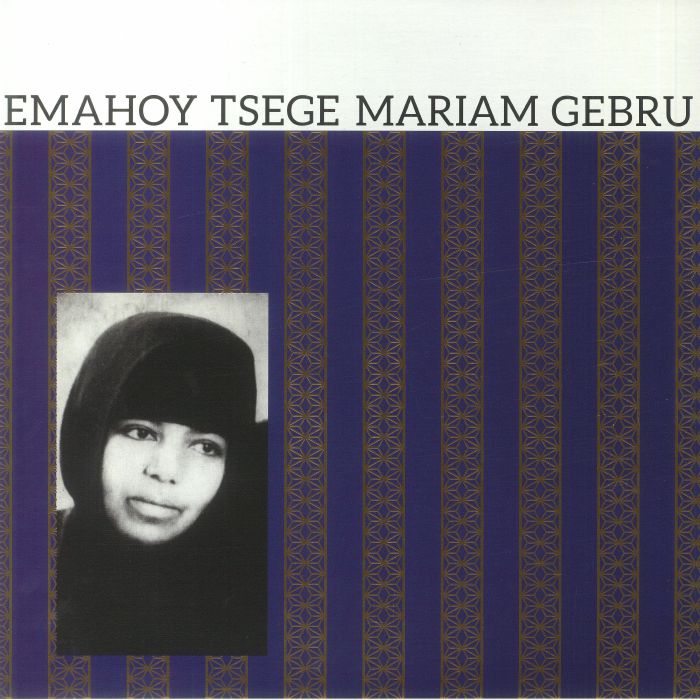
Emahoy Tsege Mariam Gebru – Emahoy Tsege Mariam Gebru (Mississippi)
Emahoy Tsege Mariam Gebru’s music is a fascinating amalgam of different influences. But in order to see how these beautiful compositions came to be, it’s worth briefly exploring the storied life of the Ethiopian nun, exile, composer, and pianist. Born in Addis Ababa in 1923, Emahoy’s parents were wealthy members of the Ethiopian upper class. At six-years-old, Emahoy and her sister would be sent to a boarding school in Switzerland where she would study violin and piano. Following this classical training, in 1933 Emahoy returned to Ethiopia before being evacuated in 1937 during the Italian invasion. After the war, Emahoy ended up in Cairo, studying under Alexander Kontorowicz, a Polish concert violinist employed by the King of Egypt. Along with Kontorowicz (who had attained a role performing for the Emperor of Ethiopia), she would then return to her home country.
At this point the musical influence for Emahoy had been mostly Western classical, but after becoming ordained as a nun and researching the traditional religious music of Saint Yared (a 6th-century Aksumite composer), Emahoy’s influence began to attain unique characteristics. The music would lose some of the rigidity of classical and gain a looser, more lyrical quality. This has led many to retroactively group Emahoy Tsege Mariam Gebru together with Ethio-jazz players like Mulatu Astatke. Though this is understandable given their consistent flirtation with bluesy Ethiopian pentatonic scales, Emahoy’s work feels more indebted to early 20th century classical music than it does to the jazz idiom. Indeed, Emahoy herself dismissed such categorisation in a 2017 interview with the Guardian. In truth, her music is almost impossible to pin down.
Following 10 years of living barefoot at a monastery in the hills of Northern Ethiopia, Emahoy crafted a style that feels both deeply familiar and unlike anything else. Even in 2022, her sound remains peerless; a fascinating creative island.
And now, courtesy of Mississippi Records, we have a reissue of a collection of her early recordings from the 1960s. The LP, which consists of eleven solo piano works, is another testament to her inimitability. All of the tracks will be familiar to listeners who have heard her terrific compilation released by Buda Musique, Ethiopiques Volume 21: Ethiopia Song but here they are accompanied by song notes from Emahoy herself.
The music is wonderful, like if Debussy had visited New Orleans in 1910. Her playing is free but controlled, playful but moving, subtle but virtuosic, classical but never stuffy. From the first moments of opener, “Mother’s Love” we immediately hear Emahoy’s synthesis of Ethiopian qañat scales and Western classical. There is also a charming feature of her work – arising from her blue-note inflected style and the quality of the audio recording – that unintentionally evokes an early jazz feel. It is this nostalgic sound that perhaps led the BBC to title her documentary “The Honky Tonk Nun”.
At 98 years old, Emahoy now resides in Jerusalem, where she has lived since leaving Ethiopia in 1984. Even now, like she has done through her whole career, Emahoy continues to use the proceeds from her music to help the less fortunate in her community. The Emahoy Tsegue Mariam Music Foundation – which co-released this album – has been continuing this wonderful musical and philanthropic legacy.
Noah Sparkes
Underrated jazz classic back on the market
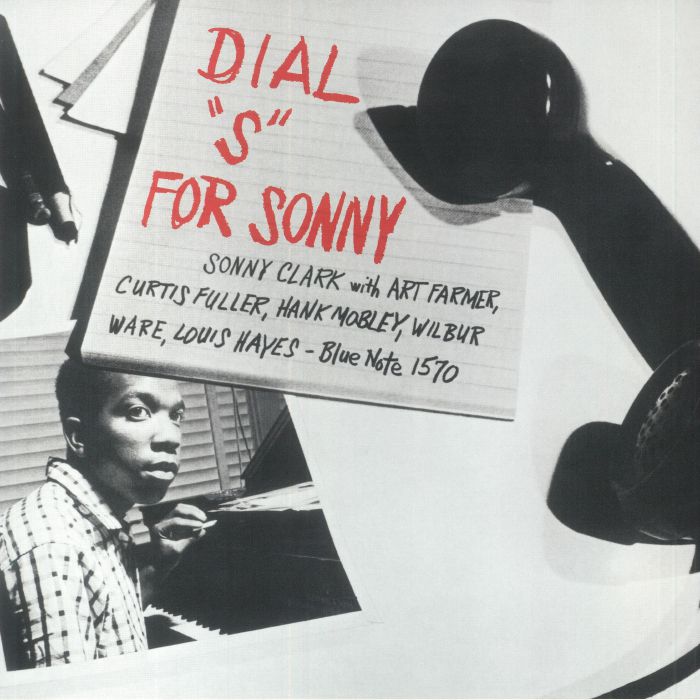
1957 was a big year for Blue Note Records. On top of releasing John Coltrane’s first major solo outing, Blue Train, the label released around 47 recordings – an impressive feat considering it was managed for the most part by just two men.
But amidst this slew of records was Pennsylvania-born pianist Sonny Clark’s first album as leader, Dial “S” for Sonny. Prior to this collection of four originals and two standards, Clark had been employed as a sideman to many figures of the East Coast’s growing harp bop idiom, working alongside the likes of Coltrane, Hank Mobley, Sonny Rollins, and Lou Donaldson. Clark obviously attracted attention for his quietly energetic, buoyant style but also for his reliability and keen understanding of his role within the compositions.
As accompanist, he was never imposing, content to let his playing support the lead with subtle elaborations. Indeed, even on his first outing as leader, where one might expect his playing to be more overtly expressive, Clark’s improvisations remain subtle and pleasing, never straying from the sense of cool he perhaps developed working on the West Coast. As trumpeter Art Farmer (who plays on this record) remarked, “a primary quality in Sonny Clark’s playing is that there is no strain in it”. This is a feature that reveals itself throughout Dial “S” for Sonny.
Beginning with the title track, we have a lighthearted, typically swinging hard-bop cut. Following solos by Art Farmer (trumpet), Curtis Fuller (trombone), and Hank Mobley (tenor saxophone), Clark enters with a perfect demonstration of his subtle, intricate soloing. While the right hand weaves elaborate melodies, the left’s phrasing is almost imperceptible, a diversion from the punchy style of one of his major influences, Bud Powell. Following on, “Bootin’ It” is another original with a similar tone to the opener. On this slightly faster track, though Clark’s playing is once again quiet and laidback, the horns from Farmer, Fuller, and Mobley add a fiery tone to the compositions.
“It Could Happen To You” is a beautiful change of pace from the swinging, jaunty bop of the previous tracks. The standard, originally written by Jimmy Van Heusen, is a slow-burning, melancholic piece. Curtis Fuller’s solo on the back-end strikes a warm tone, ending the track in moving style. We then return to the style that Clark was clearly most comfortable composing in: breezy hard-bop. Like the first two tracks, this strikes a similarly upbeat tone. This sense of Clark’s lack of willingness to go beyond this comfort zone is perhaps the only possible frustration for some listeners. However, though it is reasonable to claim that he occasionally sounds like an accompanist on his own tracks, arguably this is simply a byproduct of his naturally subdued style.
A technically challenging composition comes next with the fast-paced bop, “Shoutin’ On A Riff”. It’s a great display of each musician’s virtuosity, especially considering it’s the horn players’ final contribution – “Love Walked In” leaves the horns out completely. The George Gershwin-penned track consists of piano, Wilbur Ware’s bass, and Louis Hayes’ drum work, allowing Clark a bit more space to breathe. The result is a highlight of the record, a beautiful, effortlessly cool track.
Thus, although Dial “S” for Sonny is often lost amidst the slew of hard bop releases from the late 50s, it remains a fascinating insight into the creative direction of one of the more prolific jazz pianists of his era. Sadly, after four more years of well-received output, Clark died in 1963 at the age of 31. The pianist was an enormous figure of the hard-bop era and Dial “S” for Sonny is a vital release for any of the genre’s fans.
Noah Sparkes
